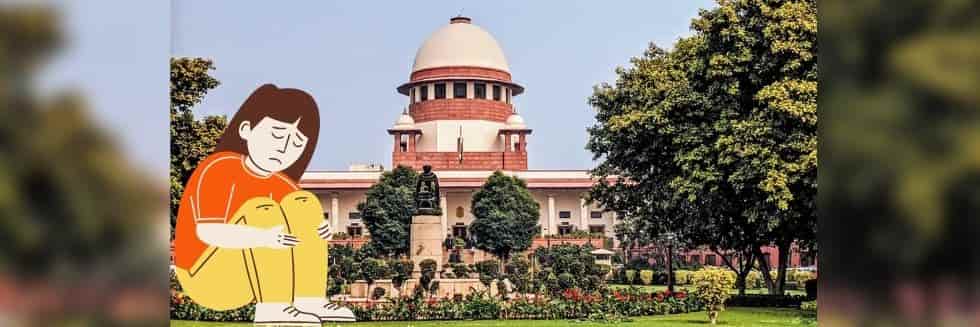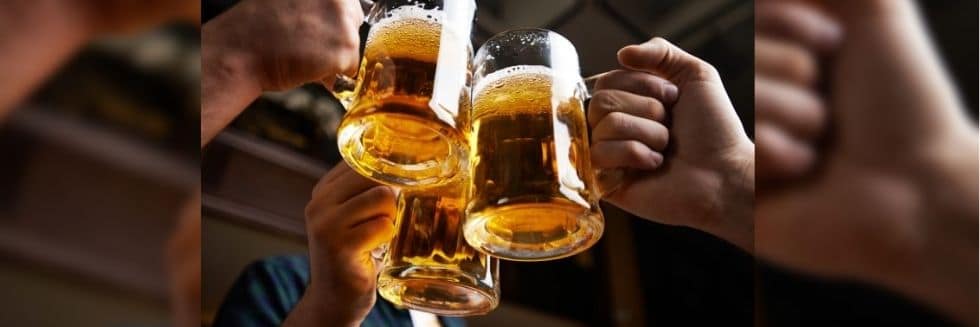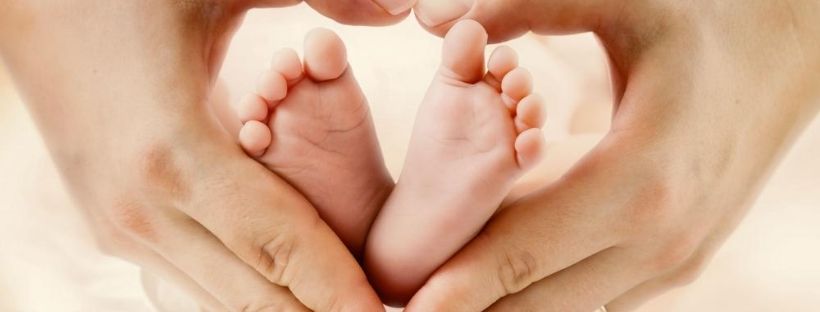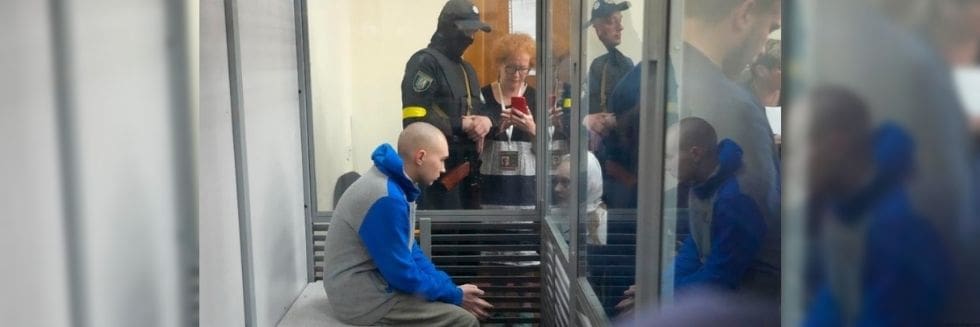On Thursday, the Supreme Court has upheld the conviction of a man accused of raping a mentally disabled girl and cited that a person suffering from a mental disorder or mental sickness deserves special care, love and affection and are not to be exploited.
A three-judge bench of Justices Ashok, Ashok Reddy, and M.R. Shah held that the High Court was justified in re appreciating the entire evidence on record and in reversing the order of acquittal passed by the trial court resulting in the conviction of the accused of offenses under Section 376 and 506 of the Indian Penal Code.
Background of the Case
The prosecutrix, a 19-year-old woman, had alleged that the accused had sexual intercourse with her forcibly without her consent and threatened her not to disclose the incident to anyone. The prosecutrix did not disclose the incident to anyone due to fear and due to forgetting the same because of mental weakness, but informed her mother three-four months later. In her medical examination, it was found that she was carrying a pregnancy of 31 weeks and after the child was born, a DNA test proved that it belonged to the accused.
Chaman Lal, the accused, was acquitted by the Trial Court mainly on the ground of delay in lodging the FIR and also on the ground that the prosecutrix was not mentally unsound to understand the consequences and what was happening.
However, in an appeal on reappreciating the entire evidence on record, the High Court had concluded that the IQ of the prosecutrix was 62 and that she had mild mental retardation.
Thereafter, the High Court sentenced him to undergo seven years rigorous imprisonment with a fine of Rs 10,000/ and in default of payment of fine, further six months of rigorous imprisonment under Section 376 IPC and four years rigorous imprisonment with fine of Rs 5,000/ and in default of payment of fine, further three months of rigorous imprisonment under Section 506 of the Indian Penal Code.
Supreme Court Observations
Before the Apex court, the accused contended that the FIR was filed only as a vengeful act by the father of the prosecutrix for refusing to marry her and that he was not in a position to marry the prosecutrix as he was married and was having children of his own.
The top Court bench noted that there is not in dispute that the accused had sexual intercourse with the victim and that the victim delivered a baby child and that the accused is found to be the biological father of the baby child delivered by the victim.
The bench further observed that being the first appellate Court, the High Court was justified in re appreciating the entire evidence on record and Trial Court’s reasoning and also acted within the parameters of the law laid down in the Apex Court in its previous decisions.
Refusing to interfere with the sentence imposed by the High Court, the bench said “It is required to be noted that it is a case of sexual assault on a victim whose IQ was 62 and was mentally retarded and that 23 accused has taken undue advantage of the mental sickness/illness of the victim. A person suffering from a mental disorder or mental sickness deserves special care, love, and affection. They are not to be exploited. In the present case, the accused has exploited the victim by taking disadvantage of her mental sickness/illness. Therefore, no interference of this Court against the impugned judgment and order passed by the High Court convicting the accused is called for.”






